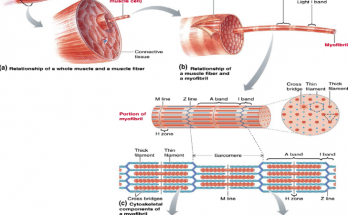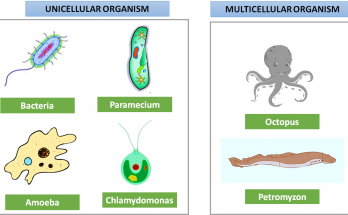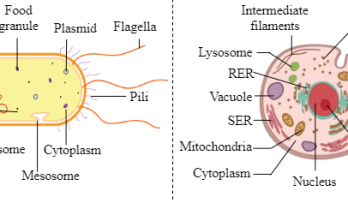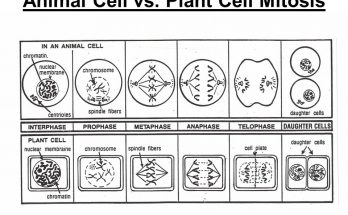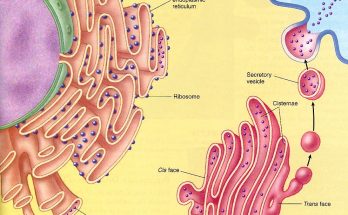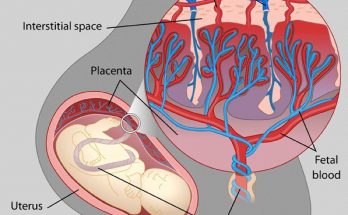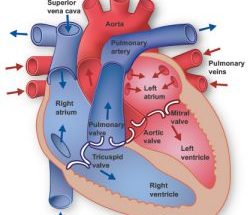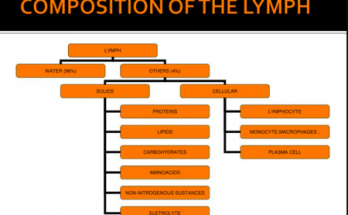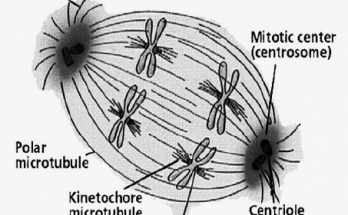
Spindle Fibers- Definition , Importance, Composition, Types and Role in Mitosis and Meiosis
Spindle fibers- Definition , Importance, Composition, Types and Role in Mitosis and Meiosis explained with diagram for school students and for NEET Preperation
Spindle Fibers- Definition , Importance, Composition, Types and Role in Mitosis and Meiosis Read More